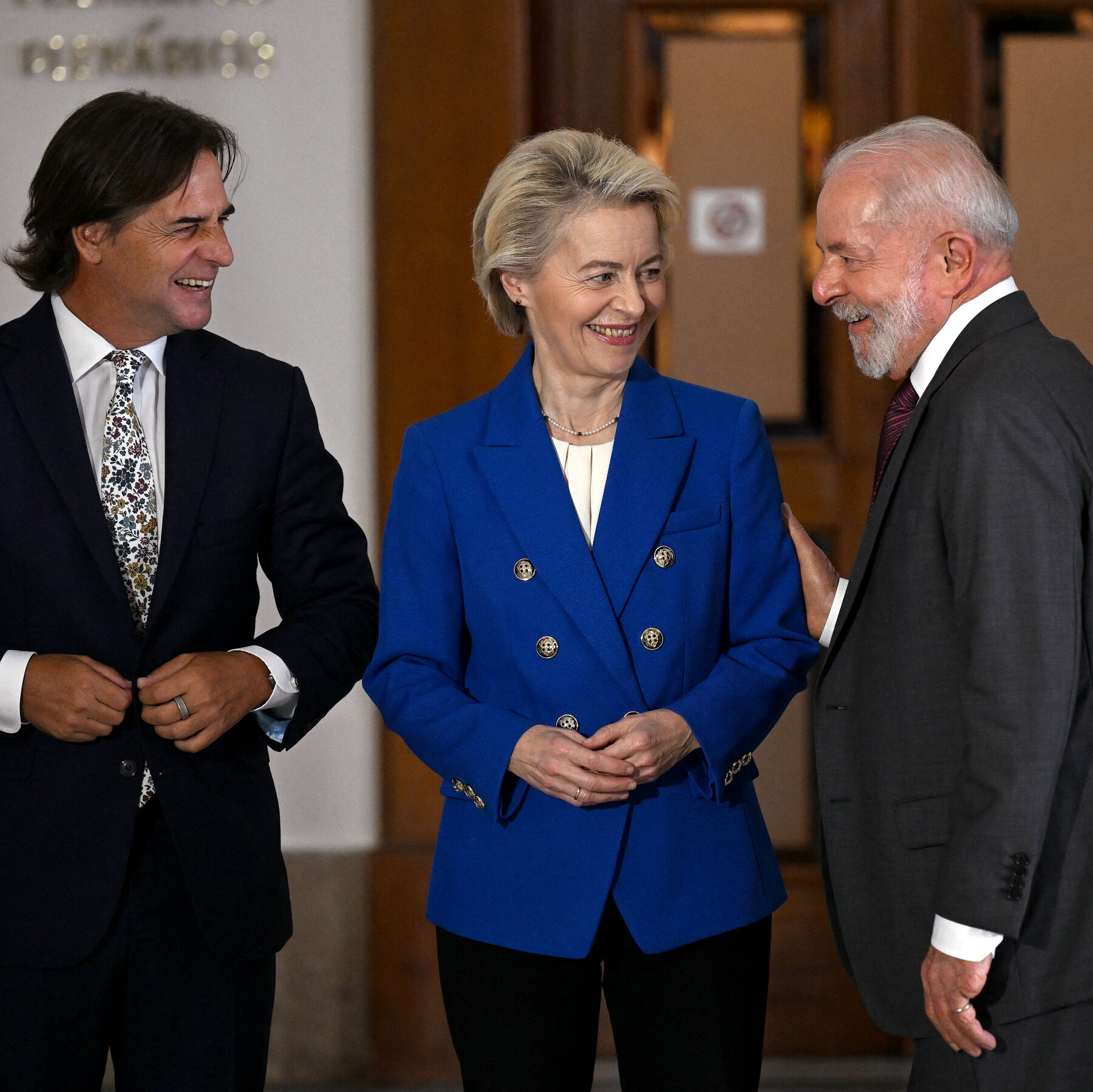Pierre Creton’s literary film is about the carnal blossoming of a gardener’s apprentice under the tutelage of a series of older men
This latest film from artist, film-maker, and farmer Pierre Creton evokes a tradition in French erotica in which a youthful protagonist has a series of encounters, providing carnal knowledge and sexual enlightenment as well as intellectual revelation. A Prince follows gardener’s apprentice Pierre-Joseph (Antoine Pirotte), whose love for nature leads him into the arms of two older lovers: Alberto (Vincent Barré), his botany school teacher, and Adrien (Pierre Barray), his employer.
Its literary feel is enhanced by the prioritisation of voiceover above dialogue. The characters’ inner monologues speak, often retrospectively, of transgressive erotic experiences and desires. Accounts of incestuous yearnings are laid over scenes of gardening or age-gap lovemaking, all shot in the same strikingly matter-of-fact fashion. The contrast between the provocative voiceover and the naturalistic cinematography is notable in itself, conveying a resistance to the politics of queer assimilation, which courts acceptance from the heterosexual majority.
Continue reading… Pierre Creton’s literary film is about the carnal blossoming of a gardener’s apprentice under the tutelage of a series of older menThis latest film from artist, film-maker, and farmer Pierre Creton evokes a tradition in French erotica in which a youthful protagonist has a series of encounters, providing carnal knowledge and sexual enlightenment as well as intellectual revelation. A Prince follows gardener’s apprentice Pierre-Joseph (Antoine Pirotte), whose love for nature leads him into the arms of two older lovers: Alberto (Vincent Barré), his botany school teacher, and Adrien (Pierre Barray), his employer.Its literary feel is enhanced by the prioritisation of voiceover above dialogue. The characters’ inner monologues speak, often retrospectively, of transgressive erotic experiences and desires. Accounts of incestuous yearnings are laid over scenes of gardening or age-gap lovemaking, all shot in the same strikingly matter-of-fact fashion. The contrast between the provocative voiceover and the naturalistic cinematography is notable in itself, conveying a resistance to the politics of queer assimilation, which courts acceptance from the heterosexual majority. Continue reading… World cinema, Film, Drama films, Sex, France, Culture, Life and style, Sexuality









